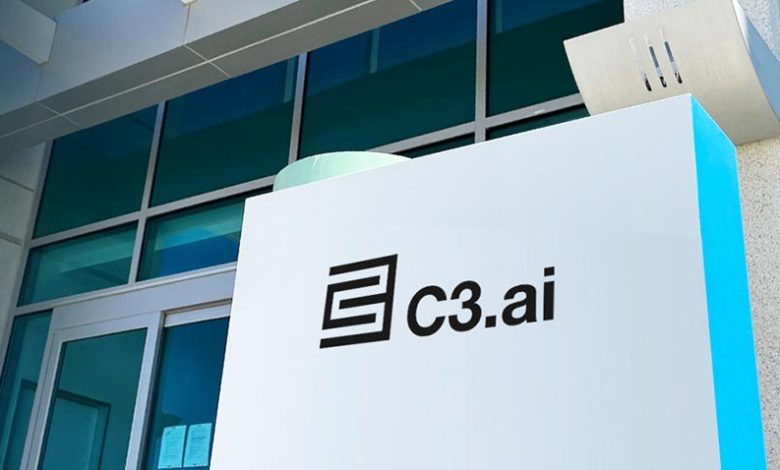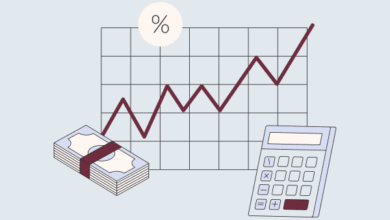C3.ai Faces Rocky Start Under New CEO Amid Falling Revenue

C3.ai (AI) shares took a steep dip this Wednesday following the release of its disappointing first-quarter results, signaling investor skepticism over the company’s near-term growth prospects. Revenue for the quarter fell 19.4% year-over-year to $70.3 million, a continued downturn for the enterprise AI firm. The stock has lost over half its value year to date, even as AI adoption continues to rapidly rise across industries.
The dip comes during a leadership transition, with Stephen Ehikian stepping in as CEO after founder Thomas Siebel stepped back due to health issues and company restructuring. While Siebel acknowledged that the revenue slump was “inexcusable,” he stated the company’s potential under new leadership and the growing market for AI solutions in government and enterprise sectors.
CEO Ehikian’s Government-Focused AI Strategy
Stephen Ehikian, who previously scaled startups acquired by Salesforce and served as acting administrator of the General Services Administration, is betting heavily on government adoption of AI as a key growth driver. Speaking to investors, Ehikian emphasized the use of AI to automate internal agency processes, improve customer support, and manage acquisition workflows.
Analysts note that government contracts could provide a stable revenue base, particularly as agencies look to utilize AI solutions for operational efficiency. However, some investors remain cautious about the timing and scale of adoption, given bureaucratic hurdles and the long sales cycles typically associated with public sector contracts.
Operational and Market Challenges
C3.ai’s current struggles come from a combination of declining sales, internal restructuring, and investor wariness toward high-growth AI stocks that are not yet profitable. The recent reorganization of the sales team disrupted client acquisition, according to Siebel, while broader market volatility and shifting AI sentiment have put pressure on the stock.
Additionally, C3.ai is competing in an increasingly crowded enterprise AI market, facing competitors like Palantir, Microsoft, and other cloud-focused AI providers. Analysts suggest that for C3.ai to regain investor confidence, it must demonstrate sustainable revenue growth and successful execution on its government AI strategy.
Looking Ahead
The market will be closely watching C3.ai’s next quarterly report and early government contract wins under Ehikian’s leadership. If the company can secure sizable contracts and stabilize revenue, it could regain investor trust, though recovery is likely to be gradual. Meanwhile, broader sentiment around enterprise AI spending and federal adoption of new technologies will play a critical role in shaping the company’s near-term trajectory.
Investors and industry observers are also monitoring how Ehikian balances government initiatives with commercial enterprise growth, as striking this balance could determine whether C3.ai becomes a major player in the AI landscape or remains a niche enterprise software provider.




